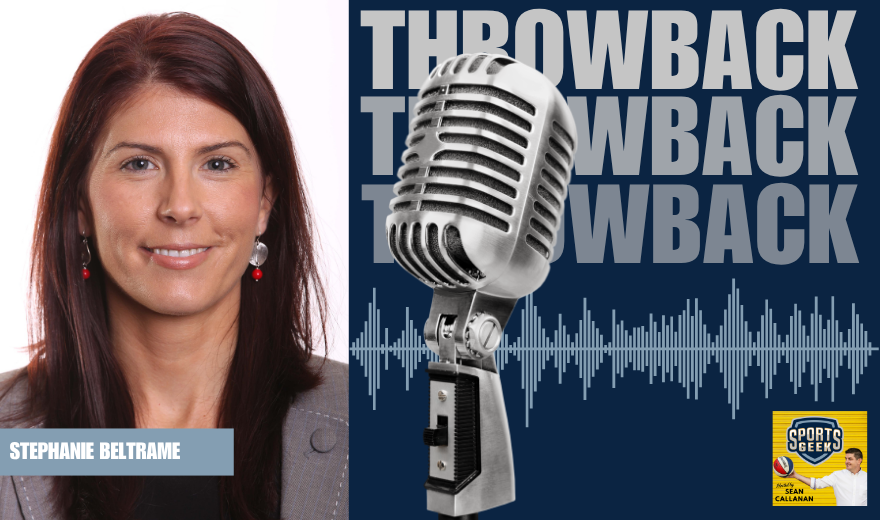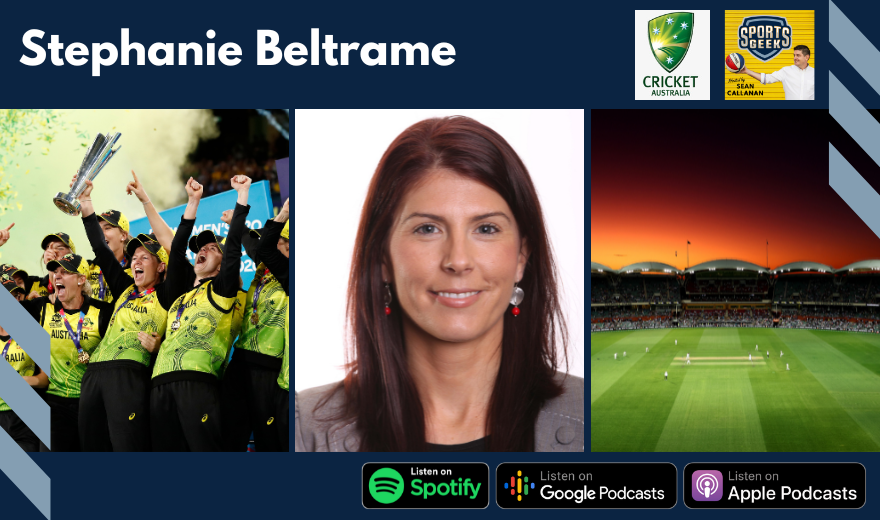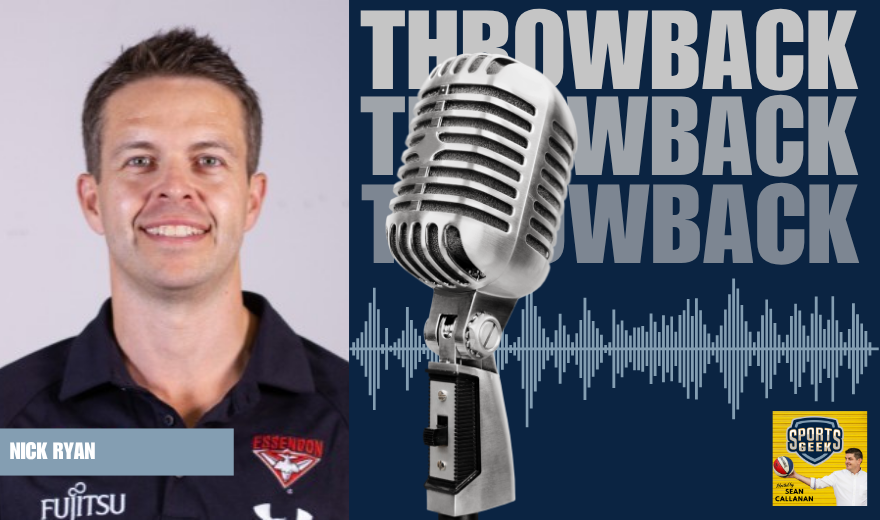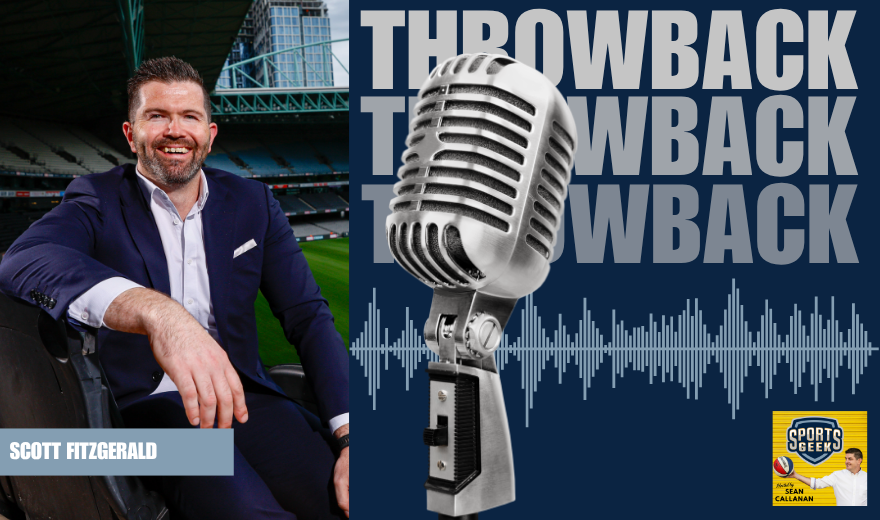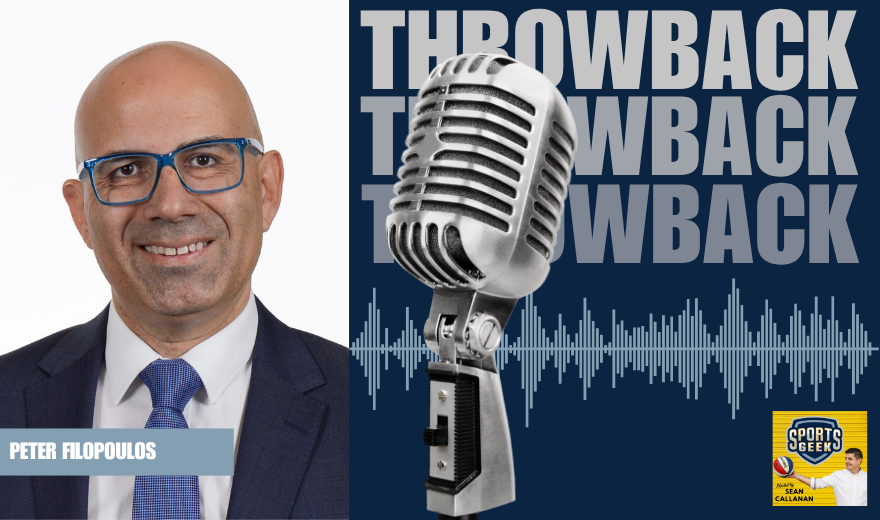This transcript has been lightly edited by AI
Sean: I mean, you were going from a real stable environment from those media deals. And you're right, cricket wasn't amateur, but it was like we get our big check from TV, we execute what we need to execute. There wasn't the idea of our own media departments and our own content teams. So how have the media deals changed as the appetite for content has grown?
You've got your own cricket.com.au doing all of its content. So how have those relationships that you're building with your big media partners changed as effectively you're becoming a media channel in your own right?
Steph: Yes, it's really fascinating when you reflect on that because you're right, when I first took on that role, we had a single radio partner in ABC and we had a single domestic partner in Nine Network that had been covering cricket for a very long period. The history of that is very well known and we did have overseas partners as well because the way that cricket works is that matches are played in that home country and then you can sell those internationally. So for all the fans watching the Ashes at the moment on Nine, Nine has bought those rights from England because the matches are played there. So we did have international partners but as the world continued to evolve and the sporting rights and media rights continued to be transformed, that has grown so there are more partners, more product, more assets, different genders. We only had men's cricket televised when I first came into the role. And that's something that we've really worked hard to change so that we have equal coverage of men's and women's cricket. So it's been both the expansion of the number of partners that we have. So we now have three radio partners at home and we have our two host broadcasters in Seven and Fox. Yeah, it's a very, very different world, but that's also been a product of the different formats and the expansion of cricket itself, how it's evolved over the 20 years that I've been involved in the game.
Sean: And so what was it like taking a new product? You know, you talk about a new product in things like the Big Bash, and it's developed as a completely new product, so it's not part of those media rights. It becomes a new piece, but it's not anchored with previous people watching it and knowing what it is and transforming it. How was it from a CA point of view and you from a media rights point of view to say, hey, this is what this new product is? Did it start making those relationships, I guess more of a partnership, like you working with the broadcasters to develop the product as much as what you're putting out on the pitch?
Steph: Definitely in the case of the BBL and you know there were a number of people involved in that at the time and who are probably better placed to talk to some of these points than I am but certainly my recollection is that T20 already existed but it was state-based so you know New South Wales versus Victoria and I do remember we sat down with Fox Sports who had the domestic rights at the time and we sort of presented this new idea, these new colors, these new team names, everything was completely dramatic. And I remember just sitting there and as it was being rolled out thinking, you know, what's the response going to be? And to their credit, they just embraced it wholeheartedly. The rights were kind of already granted at the time so they took on a new competition, they helped rebrand it, they helped rebuild it, changed a number of ways that it was presented. And so they were very much part of building that product from the ground up. And then it became more valuable. And at one point in time, the rights moved away from Fox and went across to 10 and then have subsequently come across to Seven. So it's evolved with the help of the broadcast partner. And you really have to do that in partnership. I think that's equally been visible in the UK where the 100 has been a partnership between the ECB and Sky because you need to be joined, you need to believe in it, you need to present it together. It was formed with the broadcaster and then the rights obviously became a new product and a new value to Cricket.


